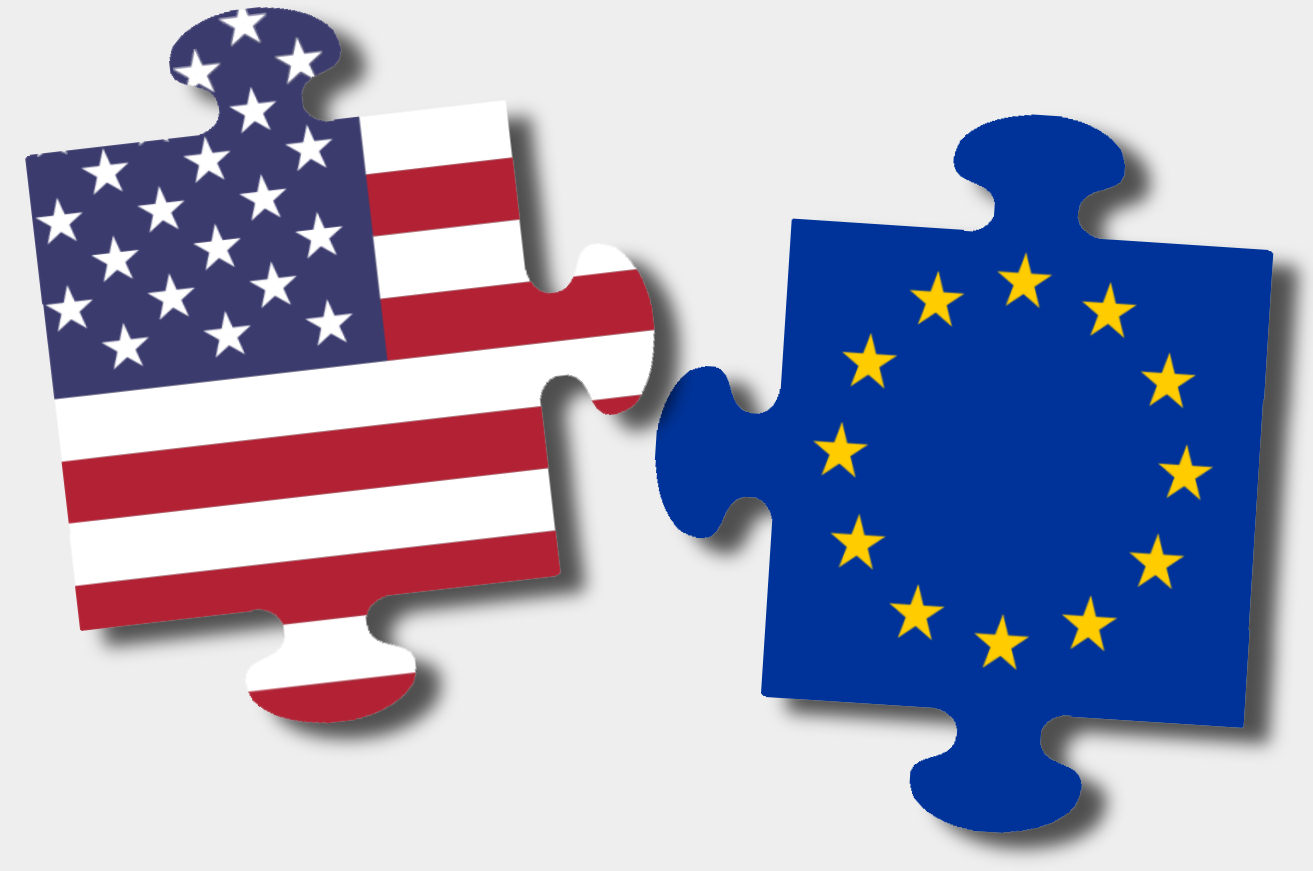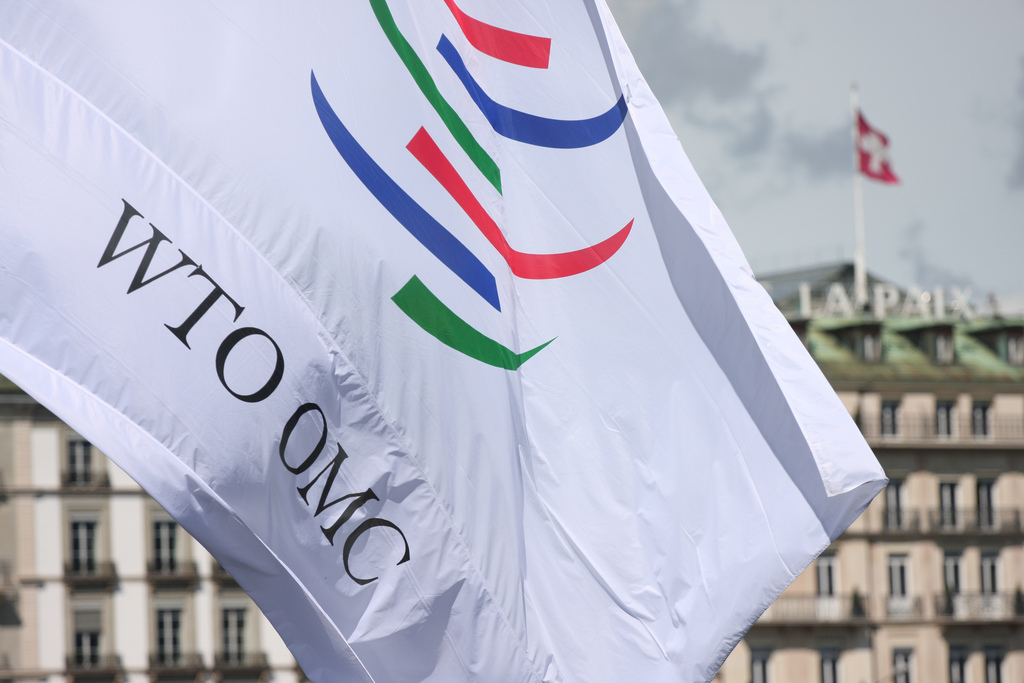POLITHEOR
European Policy Network
International Trade
- Home
- International Trade

Positive implications of CETA on the wood industry sector in the EU and CANADA0
- Environment and Energy, International Trade, Op-ed
- 24/10/2016
The Comprehensive Economic and Trade Agreement between EU and Canada promises to create a better business environment on both sides of the Atlantic. When applied, the CETA will strive to remove customs duties, open up to the services market, end the restrictions on access to public contracts and support future investors. Moreover, the agreement is designed to support standards, especially those that Europeans are sensitive about such as food safety and worker’s rights.
READ MORE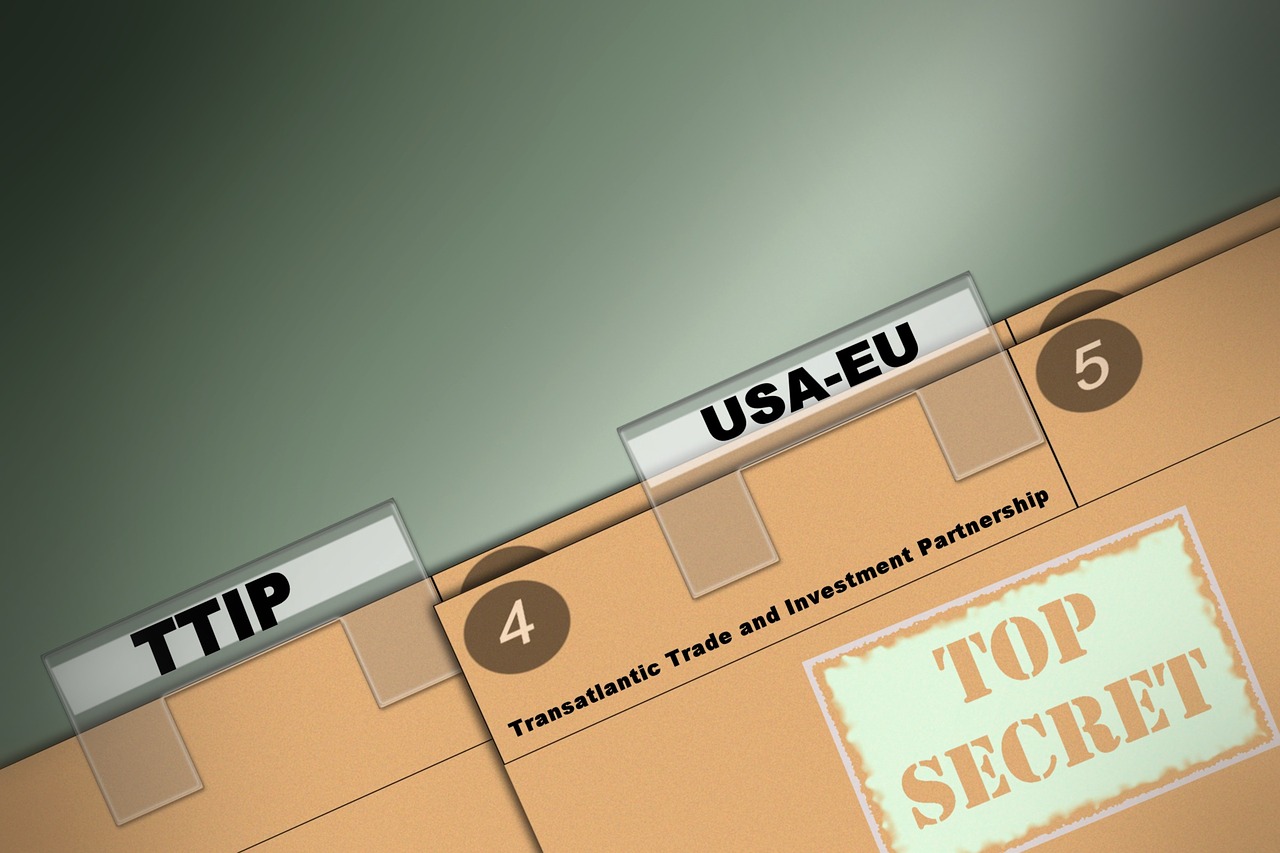
TTIP, CETA, TPP and… another secret trade deal1
- International Trade, Op-ed
- 11/10/2016
TTIP and CETA have stirred up quite a debate lately. Less discussed is the Trade in Services Agreement (TiSA), a trade deal for global services negotiated among the EU and 22 other countries since 2013. The EU should take firmer action in defending its values regarding corporate power and global cooperation.
READ MORE
The world’s favorite drink: The right time to change producing practices0
- International Trade, Op-ed
- 21/09/2016
No, it is not beer. It is coffee. The beverage that inspired Johan Sebastian Bach to write the Coffee Cantata is a distinct and important part of our lives and cultures. Being a major export commodity nowadays, coffee is a part of the extremely developed market with a very complex production chain. While big coffee players are striving to be “green”, with a strong hue of sustainability, it is questionable how green it is, especially when considering the way coffee is being produced.
READ MORE
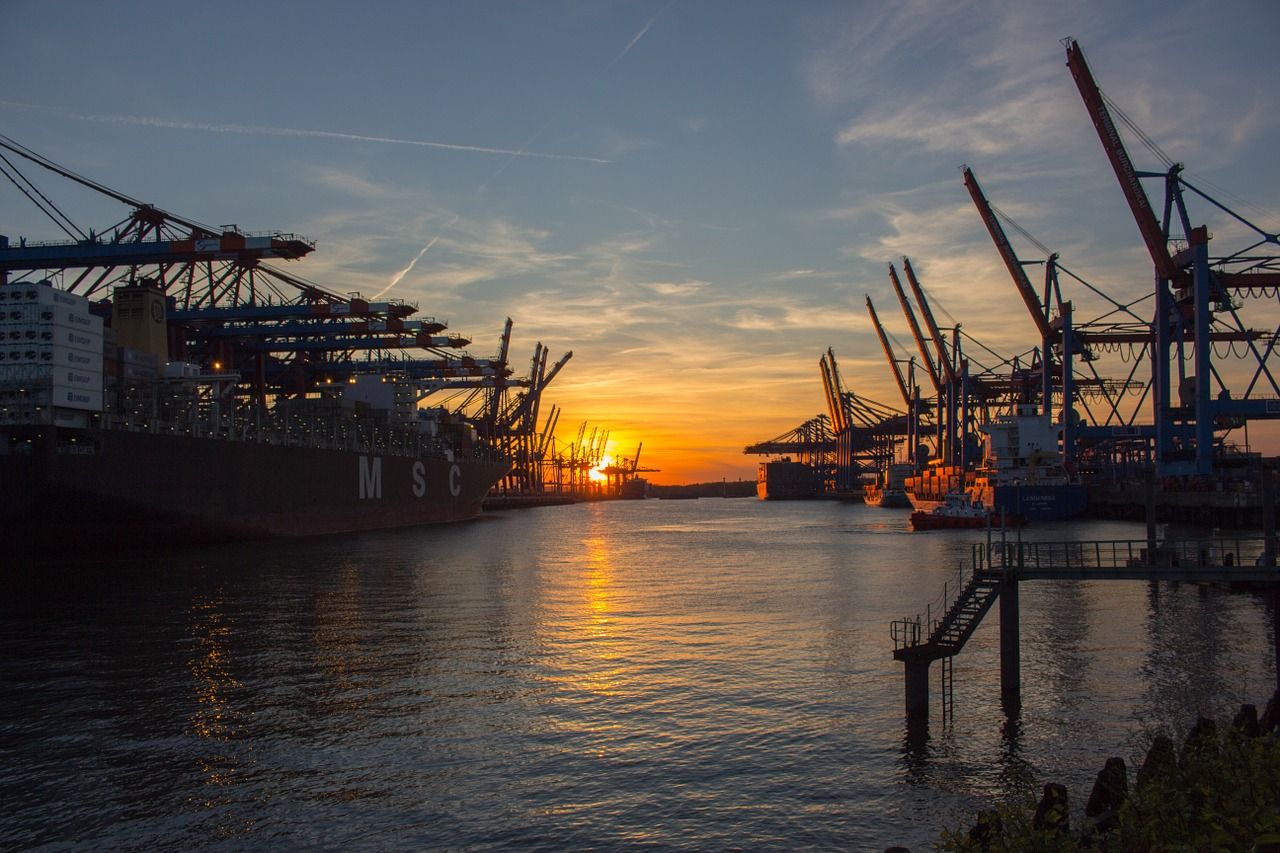
On the way to trade justice in the EU?1
- International Trade, Op-ed
- 07/09/2016
With the political and social challenges currently faced by the EU, as well as the threats of disintegration, it is essential to re-access the existing structures from several angles, namely its trade policy. One of the largest free trade agreements – TTIP is hotly under debate and CETA has been approved by the EU parliament. But should these be the fundamental and primary focus of the EU in this field for a healthy future of the Union and its citizens? Wouldn’t it be more important to, instead of aiming towards big free trade agreements, focus first on how trade is done: its sustainability, development, justice and fairness?
READ MORE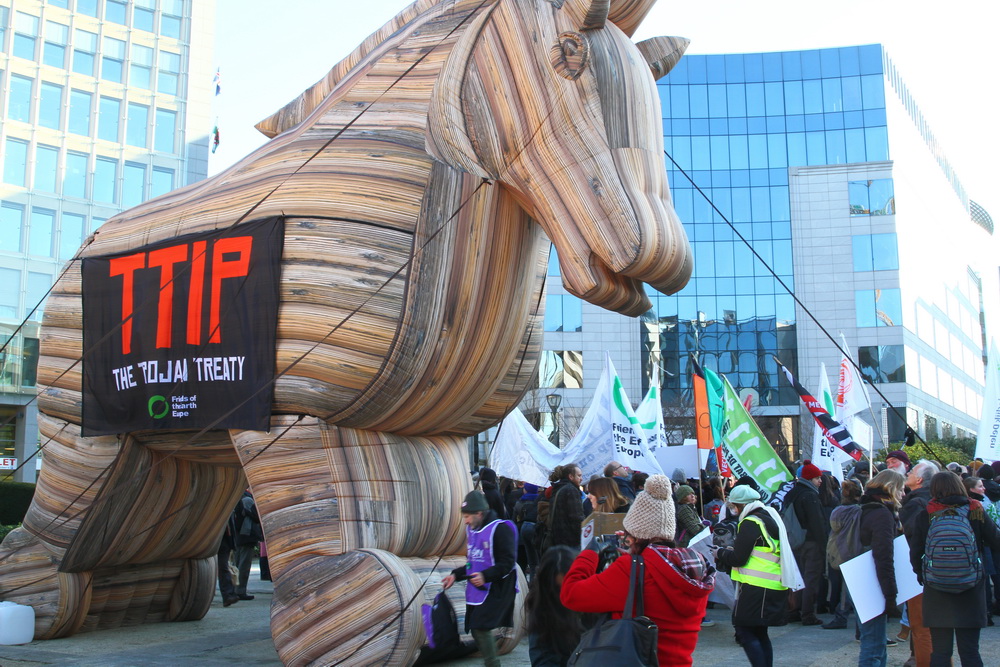
TTIP: Solution looking for a problem0
- International Trade, Op-ed
- 23/08/2016
Being designed to promote trade and multilateral economic growth, the Transatlantic Trade and Investment Partnership (TTIP) is a proposed trade agreement between the United States and the European Union. In its essence, the agreement aims to boost the trade by removing trade barriers as well as to expand corporate profits through the standardization of the legal regulations in the US and EU.
READ MORE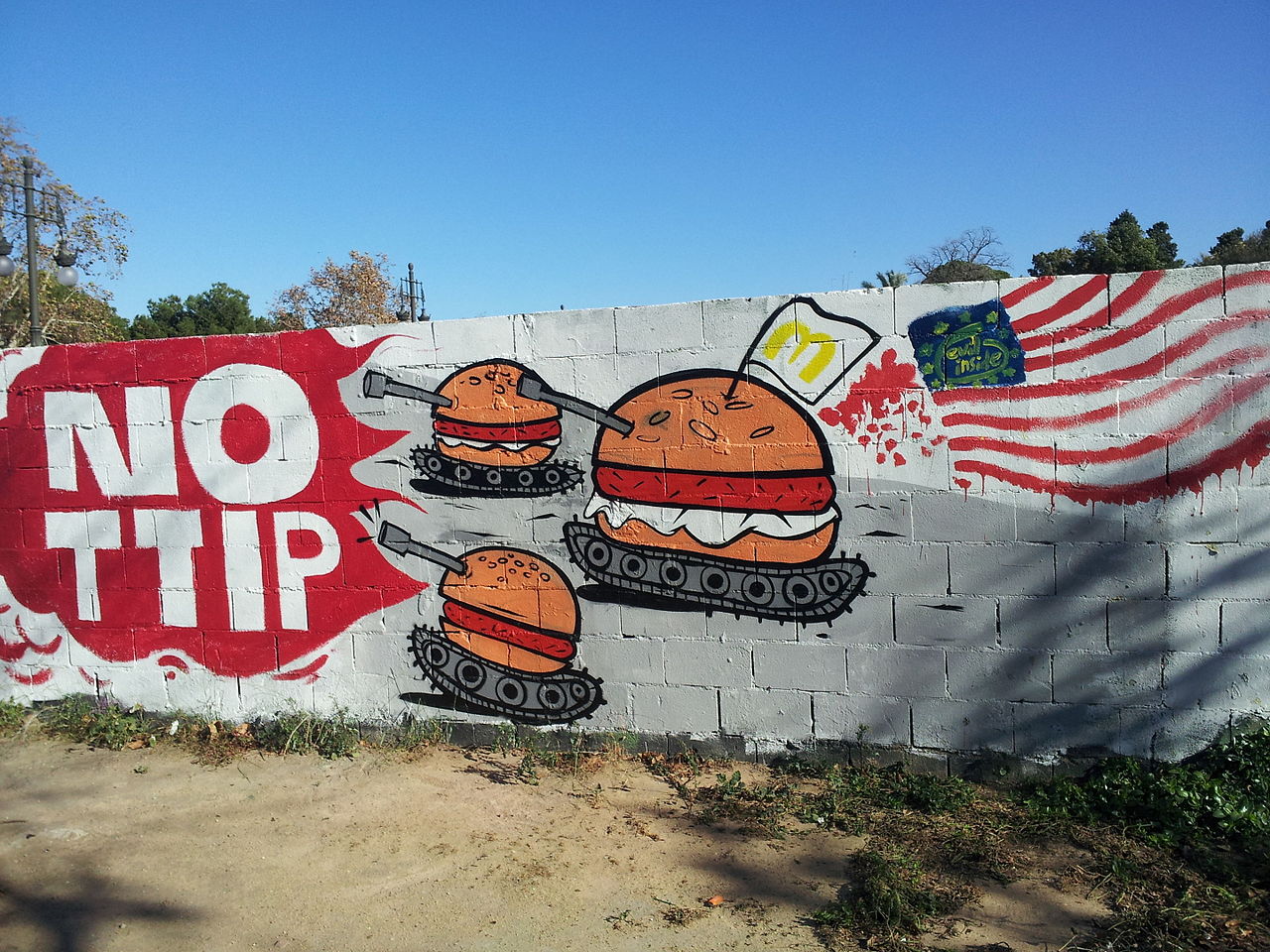
Corruption and corporatism – is TTIP still desirable for the EU?2
- EU Governance and Politics, International Trade, Op-ed
- 19/07/2016
Experiencing a period of economic stagnation, the European Union (EU) has started to look for different ways to enhance its economic growth rates. One solution is represented by the Transatlantic Trade and Investment Partnership (TTIP). However, this solution is also one of the most debated issues within the circles of economists due to economic and social costs at stake. Among these costs, the issues of corruption and corporatism should not be neglected. Although they do not make the TTIP-related headlines, these issues are very important because they could minimize and even overcome the positive effects of trade liberalisation.
READ MORE

